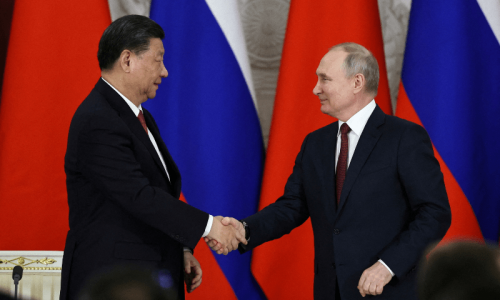PARIS, Nov 8: The customer buying a newspaper at a Paris kiosk, a Moscow shop or Ugandan newsstand probably does not dream that such a simple act affects economic development.
But buying a newspaper can feed more than the mind in poor countries: It can help reduce poverty, improve living standards and make economies grow, says a new World Bank report published on Thursday.
The study, “The Right to Tell — The Role of Mass Media in Economic Development” demonstrates that media not only have a political impact, but also economic and social.
Launched by the World Bank and the World Association of Newspapers (WAN) at a joint news conference here on Monday, the report offers research and scientific analysis which demonstrate that newspapers, television and radio can improve living standards.
However, their success in stimulating economic development depends on their independence, quality and ability to reach a wide audience, it says.
Mark Nelson, a World Bank Institute program manager, told reporters the book marks an “important milestone” in the World Bank’s work.
Nelson, a former Wall Street Journal reporter who contributed to the report, said the Bank has made an effort to work with developing countries to build a free press in recent years.
This report is “the beginning of the debate” on the importance of the media, he said, adding that the issue had become increasingly important in the Bank’s talks with individual countries in the past five years.
WAN director general Timothy Balding said: “This is the most serious and substantial contribution we have yet seen to the research, analysis and arguments on the positive role of a free press in economic development and the reduction of poverty.
“Perhaps for the first time on any scale, this World Bank report goes well beyond the simple argument that access to free information and a free press is a human right, moral and a self-evident good thing, to start proving the case scientifically that a strong, independent and free press is a powerful ally to economic and social development and the reduction of poverty.”
“The Right to Tell” includes 19 chapters from a wide range of authors including Nobel laureate and former World Bank chief economist Joseph Stiglitz, “Irrational Exuberance” author Robert Shiller and Nobel Prize-winning novelist Gabriel Garcia Marquez.
Writers from the developing world describe the media’s challenges in various countries, including the former Soviet Union, Thailand and Zimbabwe.—AFP











































Dear visitor, the comments section is undergoing an overhaul and will return soon.